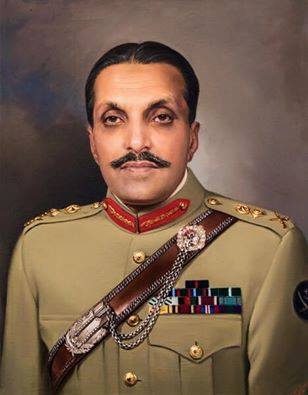Elections were held on March 7, 1977. The Pakistan Peoples Party won these elections, but was accused by their opponents, Pakistan National Alliance, of rigging the elections. On March 14, 1977, the Alliance started a series of nationwide protests. Talks between the Alliance and Bhutto government were held in June 1977 and an agreement was reached, but it could not be implemented.
Fresh elections were announced for October 15, 1977. But on July 5, 1977, the Chief of Army Staff, General Muhammad Zia-ul-Haq, imposed Martial Law and the elections were postponed. General Zia-ul-Haq announced holding of elections within 90 days. “] A conference of political leaders was held in February 1978, but a year later, in 1979, General Zia-ul-Haq declared political parties to be defunct and certain political leaders were disqualified.
Under General Zia’s Martial Law, there was steady economic growth favoring the private sector, and efforts were made to Islamize the political, legal and economic structures. Pakistan gained the status of Most Favored Nation from the United States following the Soviet invasion of Afghanistan in December 1979. Vast amounts of military equipment and aid were donated to Pakistan to help the four million Afghan refugees who crossed into Baluchistan and North West Frontier Province.
On February 6, 1981, Movement for Restoration of Democracy was established to return democracy to Pakistan. A provisional Constitution was enforced on March 23, 1981, as the Constitution of 1973 had been suspended with the imposition of Martial Law.
Finally, after the nomination of Muhammad Khan Junejo as Prime Minister of Pakistan on March 20, 1985, Junejo fulfilled his promise of lifting the Martial Law and the restoration of the fundamental rights, but at the price of enforcement of the Eighth Amendment and the validation of the Revival of the Constitutional Order.
This article was last updated on Sunday, June 01, 2003






